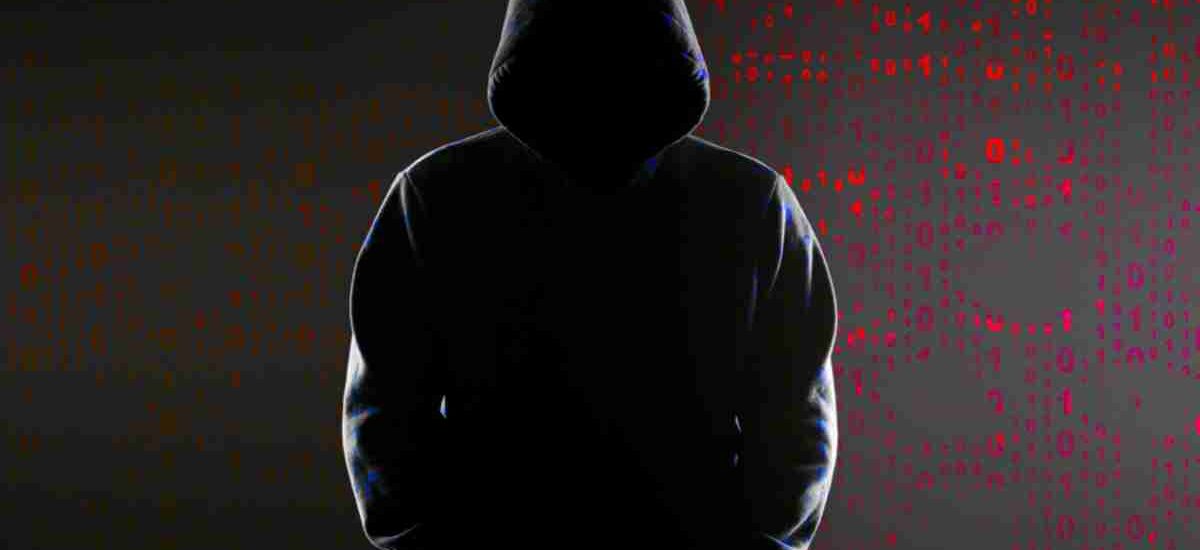Introduction
Ethical hacking is one of the most exciting and in-demand careers in the field of cybersecurity. With cyber threats growing every day, businesses and governments are constantly on the lookout for skilled professionals who can protect their systems from hackers. But what if you haven’t gone to college yet? Can a 12th pass student become an ethical hacker? The answer is YES—but it requires dedication, skill development, and the right strategy.
In this blog, we’ll discuss everything you need to know about becoming an ethical hacker after completing 12th grade, including skills, certifications, learning paths, career opportunities, and success stories. Let’s dive in!
Understanding Ethical Hacking
Ethical hacking is the practice of testing computer systems, networks, and applications to identify security vulnerabilities before malicious hackers can exploit them. Ethical hackers, also known as white-hat hackers, work legally to improve cybersecurity by finding and fixing these weaknesses.
Roles and Responsibilities of an Ethical Hacker:
- Identifying security loopholes in systems and networks.
- Performing penetration testing.
- Conducting security audits.
- Implementing security measures to prevent cyberattacks.
- Educating businesses on cybersecurity best practices.
Can You Become an Ethical Hacker After 12th?
Yes, a 12th pass student can become an ethical hacker. Unlike traditional careers that require a formal degree, ethical hacking focuses more on skills, certifications, and hands-on experience. Here’s how you can build a successful career in ethical hacking even without a college degree.
Step-by-Step Guide to Becoming an Ethical Hacker After 12th
1. Develop Basic IT and Networking Skills
Ethical hacking requires a strong understanding of computer systems, networking, and operating systems. You should start by learning:
- Computer Fundamentals: Understand how computers, operating systems, and applications work.
- Networking Concepts: Learn about IP addresses, DNS, TCP/IP, and network protocols.
- Operating Systems: Gain hands-on experience with Windows, Linux, and macOS.
- Command Line Interface (CLI): Learn how to use Linux Terminal and Windows Command Prompt.
- Basic Programming: Start with Python, as it’s widely used in cybersecurity.
2. Learn Cybersecurity Basics
Once you have a good foundation, start learning about cybersecurity fundamentals, including:
- Cyber threats and attack types (phishing, malware, DoS, etc.)
- Firewalls, VPNs, and encryption techniques
- Security policies and risk management
You can find free resources on platforms like:
- Cybrary
- Udemy
- Coursera
- YouTube tutorials
3. Get Hands-On Practice
Learning ethical hacking is not just about theory; you need practical experience. Here’s how:
- Install Kali Linux (a hacking-focused operating system)
- Set up a Virtual Lab using VirtualBox or VMware
- Practice using tools like Nmap, Metasploit, Wireshark, and Burp Suite
- Participate in Capture The Flag (CTF) challenges on sites like Hack The Box and TryHackMe
4. Earn Ethical Hacking Certifications
Even though you don’t need a degree, certifications can boost your credibility and help you land a job. Start with:
Beginner-Level Certifications:
- CompTIA Security+
- Certified Ethical Hacker (CEH) – Junior Version
- Cisco CyberOps Associate
Advanced-Level Certifications (After Gaining Experience):
- Certified Ethical Hacker (CEH v12) by EC-Council
- Offensive Security Certified Professional (OSCP)
- Certified Information Systems Security Professional (CISSP)
Many organizations accept skilled ethical hackers with certifications even if they don’t have a degree.
5. Build a Strong Portfolio
To prove your skills to potential employers, build a portfolio by:
- Writing blogs on cybersecurity topics.
- Creating YouTube videos or tutorials.
- Sharing your ethical hacking projects on GitHub.
- Publishing cybersecurity research on LinkedIn or Medium.
6. Apply for Entry-Level Jobs or Freelancing Gigs
Once you have gained enough knowledge and certifications, start looking for entry-level opportunities such as:
- Cybersecurity Internships
- Penetration Tester (Junior Level)
- Bug Bounty Hunter (Freelance Ethical Hacking)
- IT Security Analyst
You can also earn money through bug bounty programs by finding security flaws in companies like Google, Facebook, and Microsoft.
7. Keep Learning and Growing
Cybersecurity is an ever-evolving field, so continuous learning is a must. Follow:
- Security blogs like Krebs on Security and The Hacker News
- Ethical hacking forums like Reddit r/netsec and HackTheBox community
- Cybersecurity conferences like Black Hat, DEF CON, and BSides
Common Myths About Ethical Hacking
Myth 1: Ethical Hacking is Only for Computer Science Graduates
Fact: Ethical hacking is skill-based, and many successful ethical hackers don’t have a formal degree.
Myth 2: Ethical Hacking is Illegal
Fact: Ethical hacking is legal when performed with permission from the organization.
Myth 3: You Need High-End Computers to Learn Ethical Hacking
Fact: A basic laptop with virtualization software like VirtualBox or VMware is enough for learning.
Myth 4: Ethical Hackers Only Break into Systems
Fact: Ethical hackers work to protect systems, not to break them illegally.
Final Words: Can You Do It?
Absolutely! If you are passionate about cybersecurity, willing to learn continuously, and ready to put in the effort, nothing can stop you from becoming an ethical hacker after 12th grade. Focus on building skills, gaining certifications, and getting hands-on experience.
Your Next Steps:
- Start learning networking and programming basics.
- Take free and paid cybersecurity courses online.
- Set up a virtual lab and practice ethical hacking tools.
- Earn beginner-level ethical hacking certifications.
- Apply for internships or bug bounty programs.
If you stay dedicated and keep learning, you can build a highly rewarding career in ethical hacking—even without a college degree. So, are you ready to start your journey? 🚀






